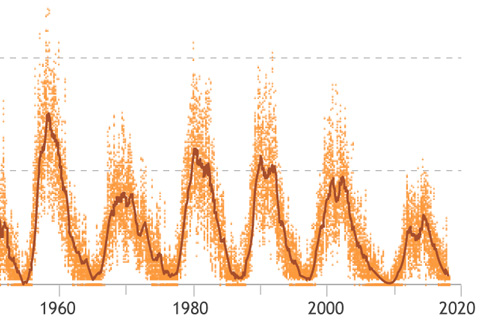
Observations of sunspots and other indicators of solar activity indicate no changes that could have caused global warming over the past half century.

Earth has warmed in the past due to changes in the Sun, volcanic eruptions, and naturally occurring increases in greenhouse gases. Our ability to understand and explain past changes is one reason we are confident that recent changes are due to humans.
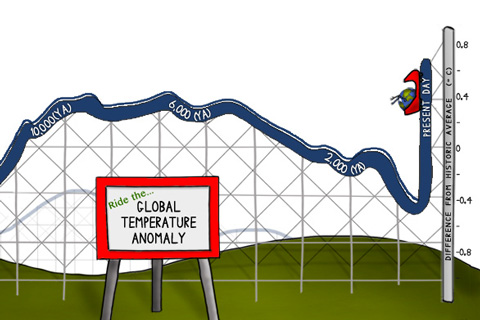
Today's global warming is happening at a much faster rate today than it did in the warm periods between ice ages over the last million years.
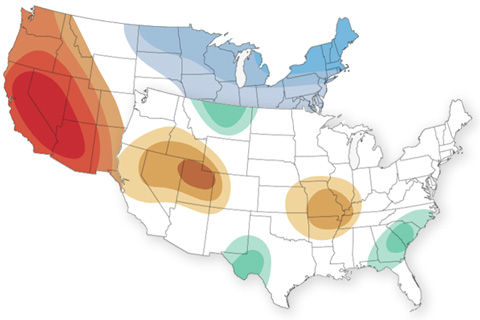
NOAA National Weather Service's Climate Prediction Center released their temperature and precipitation outlook for November. What does it say? Read on to find out.

Weather balloons launched at the South Pole each spring routinely find areas of the Antarctic stratosphere where ozone has been completely destroyed. In 2019, they found no such areas.
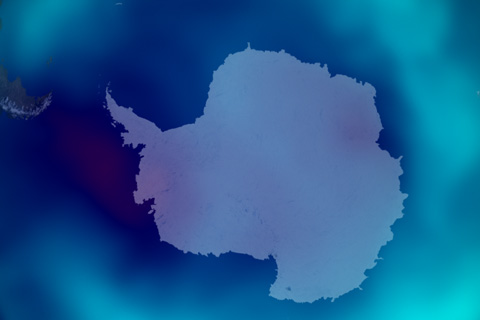
The seasonal Antarctic ozone hole was the smallest on record in 2019, thanks to a warmer-than-average September.
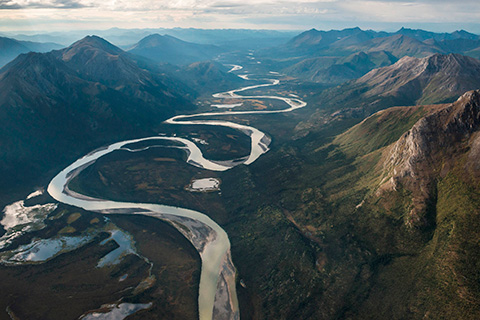
Alaska's natural monuments are of such gargantuan scale that the environment can seem immutable. But a new report from NOAA's Alaska RISA team documents profound changes the state has experienced in just the past five years.

Flash drought engulfs the U.S. Southeast in September 2019
October 9, 2019

Generated by feeding historic weather observations into a modern computer forecast model, a new NOAA-funded dataset is like a time machine that reconstructs a detailed picture of the global weather every day back to 1836.
